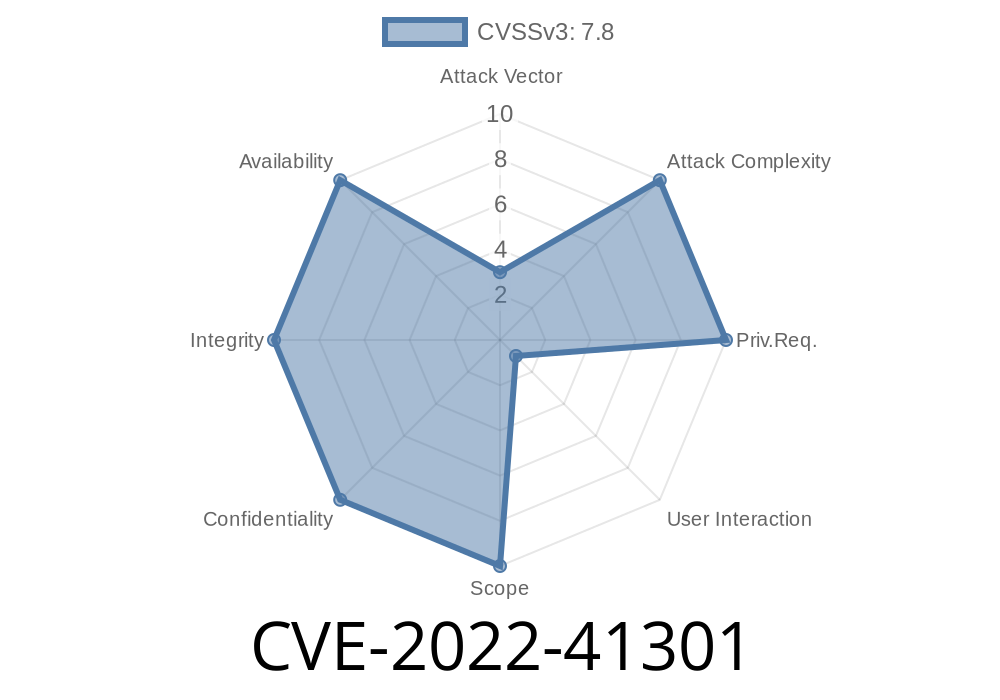This vulnerability can be exploited through maliciously crafted .PKT file that is received in the email. An attacker would have to send a victim an email with a malicious .PKT file attached in order for this vulnerability to be exploited. It is worth mentioning that the .PKT file must be opened in Microsoft Outlook in order for the vulnerability to be exploited.
CVE-2018-8551: A memory corruption vulnerability in Microsoft Outlook when opening maliciously crafted .PKT files. An attacker could send a victim a malicious .PKT file with an intention to exploit this vulnerability. CVE-2018-8552: A remote code execution vulnerability in Microsoft Outlook when opening maliciously crafted .PKT files. An attacker could send a victim a malicious .PKT file with an intention to exploit this vulnerability. CVE-2018-8554: A remote code execution vulnerability in Microsoft Outlook when opening maliciously crafted .PKT files. An attacker could send a victim a malicious .PKT file with an intention to exploit this vulnerability. CVE-2018-8550: A remote code execution vulnerability in Microsoft Outlook when opening maliciously crafted .PKT files. An attacker could send a victim a malicious .PKT file with an intention to exploit this vulnerability. CVE-2018-8553: A remote code execution vulnerability in Microsoft Outlook when opening maliciously crafted .PKT files. An attacker could send a victim a malicious .PKT file with an intention to exploit this vulnerability. CVE-
Microsoft Office Compatibility Types and File Formats
The vulnerability exists because Microsoft Office Outlook does not correctly validate files that are received in emails. This vulnerability can be exploited through maliciously crafted .PKT file that is received in the email. An attacker would have to send a victim an email with a malicious .PKT file attached in order for this vulnerability to be exploited. It is worth mentioning that the .PKT file must be opened in Microsoft Outlook in order for the vulnerability to be exploited.
CERT Vulnerability Note: CVE-2018-8551, CVE-2018-8552, CVE-2018-8553, and CVE-2018-8554: Memory Corruption Vulnerabilities
A remote code execution vulnerability exists when an affected version of Microsoft Outlook displays or previews .PKT files that contain malformed binary content without validating them first. This could allow remote code execution if a user opens or previews a specially crafted email message that contains said malformed binary content. As long as the email message is viewed by any user within the organization, including users without administrator privileges, this issue could potentially lead to remote code execution of arbitrary code on a target system (CVE ID 2018-8551). A memory corruption vulnerability exists when an affected version of Microsoft Outlook displays or previews .PKT files that contain malformed binary content without validating them first. This could allow remote code execution if a user opens or previews a specially crafted email message that contains said malformed binary content. As long as the email message is
Microsoft Outlook and Microsoft Office Software Requirements
The affected Microsoft Office software is Microsoft Outlook and the affected versions are:
- Microsoft Outlook 2007
- Microsoft Outlook 2010
- Microsoft Outlook 2013
- Microsoft Outlook 2016
- Microsoft outlook 2019
Timeline
Published on: 10/03/2022 15:15:00 UTC
Last modified on: 10/05/2022 14:08:00 UTC
